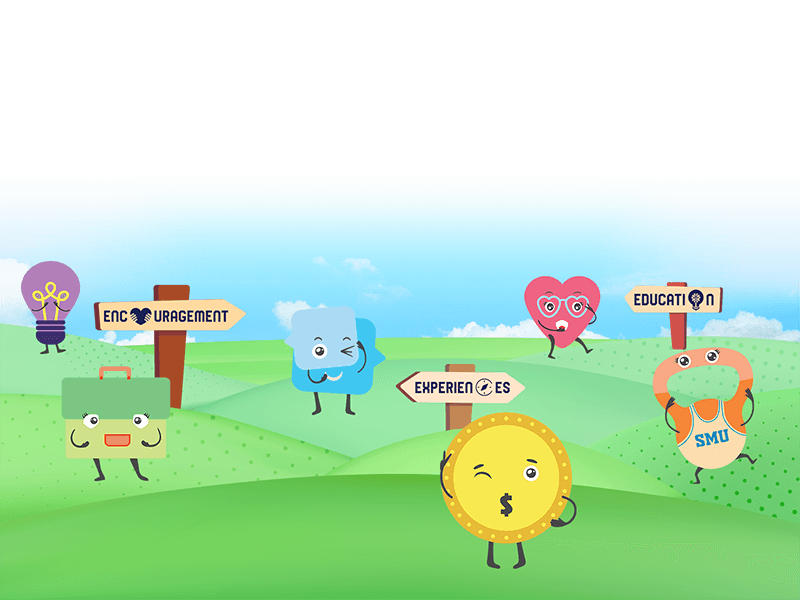The word resilience is derieved from the Latin verb resilire, meaning "to jump back" or "to recoil."
One definition of resilience is associated with elasticity: "the power of resuming an original shape or position after compression, bending, etc." Historical examples of resilience used this way describe such diverse things as lungs, iron ships, skin, rubber putty, and linen. Resilience as a unit of measurement is still used in engineering discourses.
Beyond the technical usage of the term, the ability of a material to return to its original shape after being compressed or stretched can be viewed as analogous to a person's ability to bounce back after a jarring setback.
Resilience can be understood as the ability to roll with the punches. Resilience allows us to adapt to stress and maintain one's equilibrium when faced with adversity. Although resilience is often viewed as an inherent personality trait that people either possess or lack, studies have shown it is actually a skill/characteristic that can be acquired.

“Resilience is a muscle. Flex it enough and it will take less effort to get over the emotional punches each time.”
— Alecia Moore
While certain factors might make some individuals more resilient than others, resilience isn’t necessarily a personality trait that only some people possess. On the contrary, resilience involves behaviours, thoughts, and actions that anyone can learn and develop.
